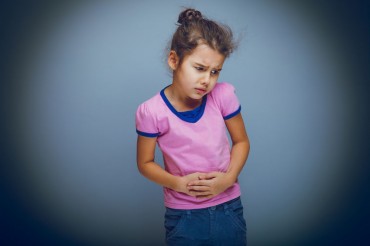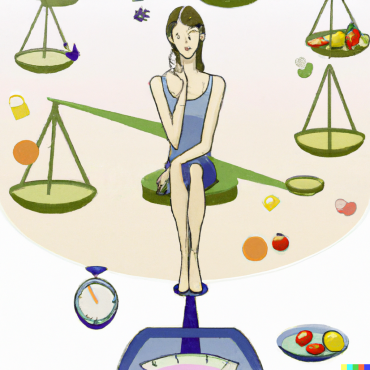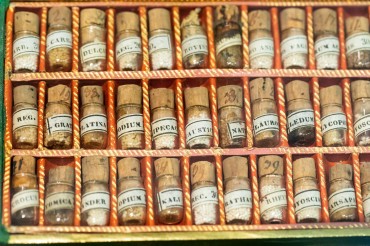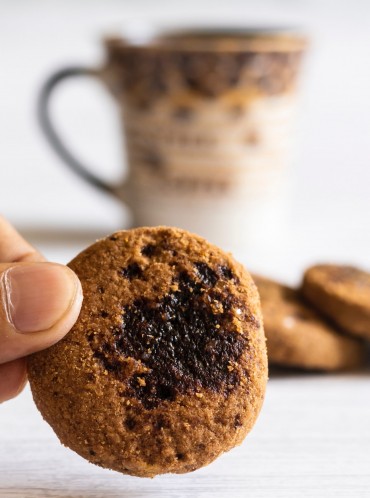Young babies and toddlers may experience gas problems in just a similar way that adults do. Passing gas for about fourteen to twenty times in a day is considered to be quite normal for both adults and kids. In fact, when gas fails to pass through effortlessly, it can often result in deep pain, abdominal discomfort, stomach bloat coupled with cramping. Although most cases of gas snags in kids are not really a cause of great worry, nevertheless, if you suspect your toddler in great discomfort and agony, you should seek medical help.
Parents and guardians often tend to comprehend on the fact that what exactly is flatulence and how can it affect the child. Parents must note that flatulence in toddlers and children is nothing but gas present in your child’s digestive system leaving his body through his or her bottom. In other words, it means the act by which the child passes wind. Flatulence has a possibility to occur when the baby or the child is fed very high fibre edibles like beans or fizzy drinks that can produce gas. Wind can also be instigated by swallowing air – for instance, your child might feel gassy if she or he has been sucking on an empty bottle, or even during crying. However, it is important to note that in some cases wind can also be an indication of the child being lactose or other food intolerant, irritable bowel syndrome, gastro infections or coeliac disease. Additionally, your child may also have more gas in the body if he is constipated or is suffering from diarrhoea.
Is it ok for a Child to Have Abdominal Gas?
Yes, it is very normal for your little munchkin to have intestinal gas and in most cases, it is not even a matter of great concern. It is very natural for your infant to pass out gas rather it is inevitable. However, in cases where the gas is unable to pass with ease, and the child feels uneasiness, it may cause digestive issues. There can be a multitude of reasons that may cause a gas problem in young children and toddlers.
Symptoms related to flatulence
If your child has flatulence or wind, she might sometimes complain of abdominal discomfort and stomach swelling too. This generally happens when the gas tends to accumulate in your child’s intestines making your child unable to get rid of it. If you still find it tricky to establish that your child has a gas issue, the below mentioned signs and indications may aid you to know it:
- If your child appears to look a little uncomfortable
- If you notice your child tightening the fists
- If you witness that your child has been burping little more than normal
- If you scout your child fidgeting
- If you notice that your baby is less active and is getting cranky and crying even post being fed. In some cases, the baby may also refuse to take the feed.
- If your child has been constantly pulling up the legs towards his or her belly
- If your child is facing trouble in passing motions
- If see your child grunting and writhing
If you perceive any of these signs, you should immediately seek advice from your pediatrician.
Causes of Gas problem in Toddlers:
Any alteration in the child’s diet plan: At times the inclusion of novel food items in your baby’s diet may lead to extreme gas built-up in their tummies. This is a very common digestion trouble in children hence parents should ensure they are enforcing a staple diet for the child.
Antibiotic medications: Intestinal gas or flatulence and stomach cramping may be a result of your child being on some antibiotic medication.
Being lactose intolerant: In case your child is lactose intolerant, this implies that milk or any milk-based product is possible to cause an excessive gas formation or another stomach distress in your baby.
Faulty chewing techniques: Many small children and toddlers fail to chew their food correctly. This can cause the production of gas.
Swallowing more air during eating: Mostly toddlers may gulp in more quantity of air while drinking and consuming food. This may lead to the development of gas in their guts.
Failing to drink sufficient amounts of water: Drinking adequate water ensures to keep the process of digestion in place and wards off any digestion related snags but if your child is not sipping on enough water, it may contribute to digestive problems and formation of gas.
Certain Food Items: Feed your child with edibles like peas, beans, broccoli and kale which are rich in fibre. It is significant to keep the ingesting of such food items to judicious levels.
Consumption of large quantities of Fruit Juices: Keep your child away from having more than one glass of fruit juice a day. This is because some kids find it difficult to effectively digest the fructose and sucrose that is present in the juice, and it may lead to gas trouble in your little monster.
Kids are easily prone to pain caused by gas since their digestive systems are still delicate and under-developed and are still learning to move gas effectively through the digestive system. Comprehending the causes, ways to condense signs and the effective treatment will aid in finding relief for your child. If your baby has been experiencing extreme and continuous abdominal pain and gassiness, parents must immediately seek medical help as it could be a sign of a grave medical malady.
How to Prevent Gas Problems in Toddlers?
You may adopt subsequent measures to avert a gas problem in your child:
- Parents can try to burp your child post every feed session to eject any swallowed air.
- If you are bottle-feeding your baby you must ensure that the nipple hole is not too big as your baby may possibly suck in air bubbles with it.
- Ensure your baby is chewing on food properly prior to swallowing it.
- Do not give acidic edibles like cabbage, cauliflower, green peas and onions which are considered to be the most common culprits for instigating gas. If your child has been experiencing such gas issues very often refrain from feeding such edibles to them
- You must always check on your child’s fluid intake. Sufficient amount of water and other fluids avoid constipation and decrease the likelihood of gas problems.
- Parents must gently massage the child’s belly.This is a very functional way of discharging gas from your baby’s stomach. You must work in clockwise motions to enable smooth passage of gas.
- Applying warm compressions will help provide much relief to your baby. This not only helps expel the gas but also eases your baby.
Although these above-mentioned remedies are definitely helpful in easing your child’s gas discomfort but if you are still noticing your child is in extreme pain or discomfort even after trying these measures, you should get your child medically checked. Gas difficulties are extremely common and normal in young children, and there is nothing to be concerned about. However, some cases of gas issues in toddlers may be due to some grave condition. It is a good idea to get in touch with your child health-care expert to discuss your anxieties regarding the same. Timely medical treatment can help inward off any severe health complications that may arise, thus ensuring your child feels at ease.
Image Source: health.clevelandclinic.org
























































Comments